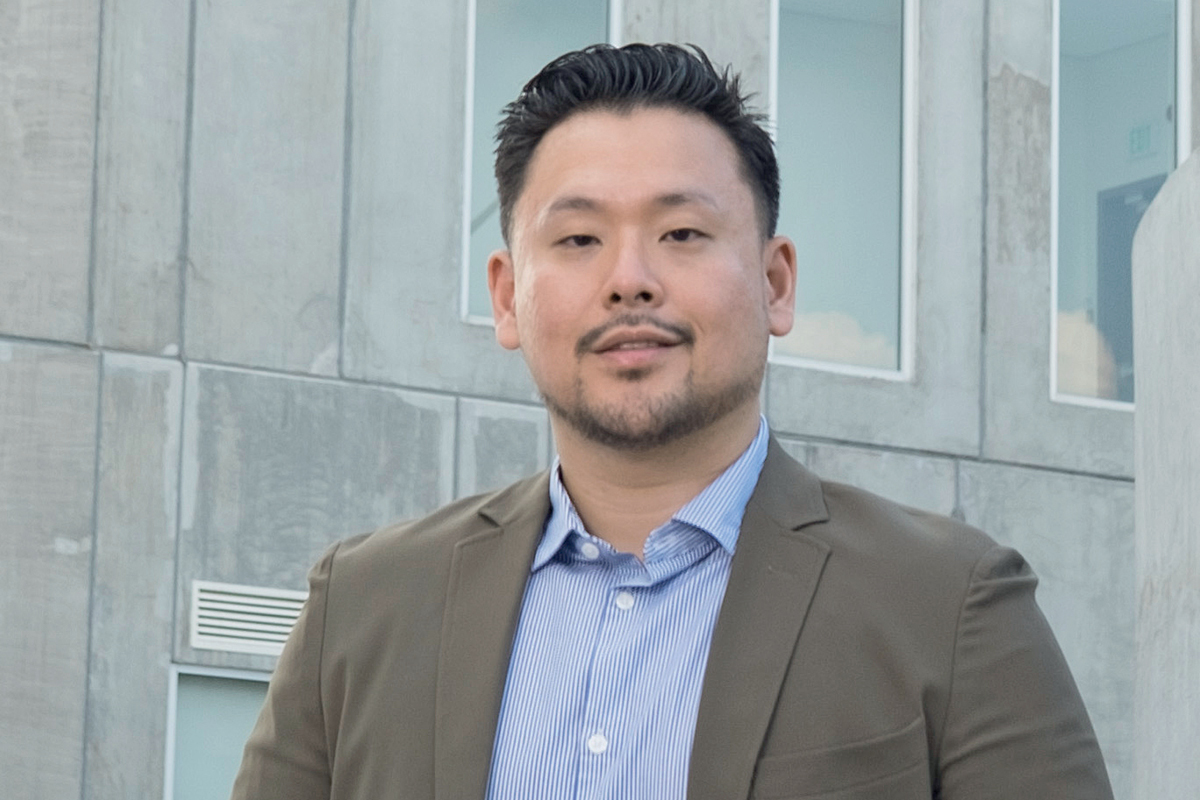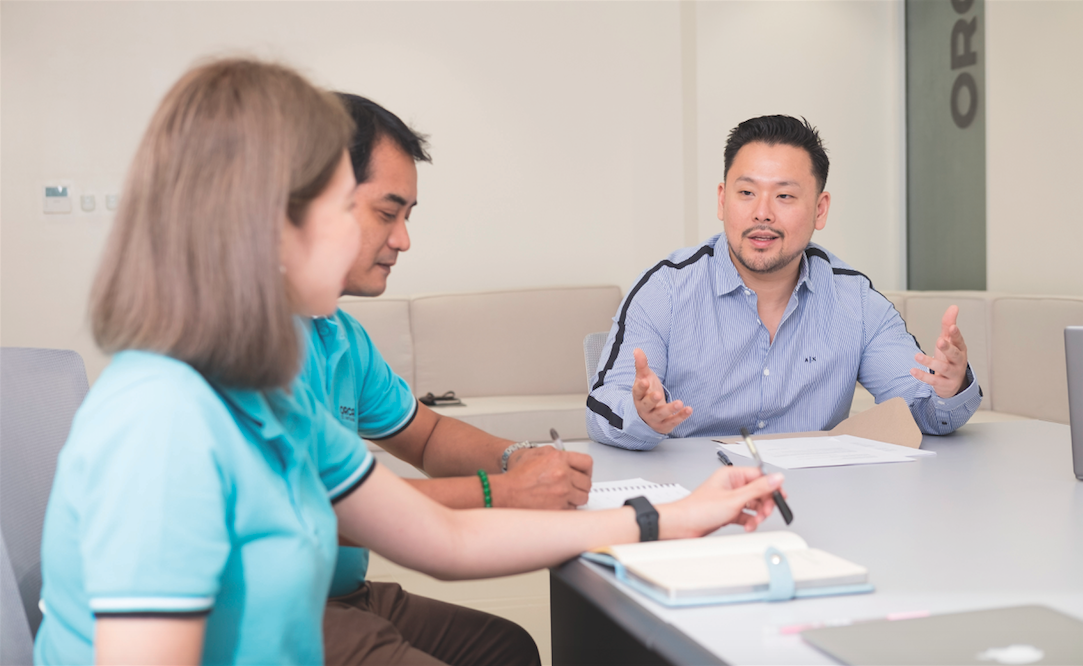The future of food: Yerik Cosiquien
For President and CEO Yerik Cosiquien, ORCA Cold Chain Solutions isn’t just a business; it’s a way to improve quality of life for the Philippines as a whole.
What becomes clear over the course of a conversation with Yerik Cosiquien, President and CEO of ORCA Cold Chain Solutions, is that he’s genuinely dedicated to improving food safety and security in the Philippines.

It’s a pragmatic reality that business leaders are often focused on healthy finances and providing revenues to shareholders, and while that’s a concern for Yerik, ORCA is ultimately about uplifting the Filipino community.
"The original idea for this came about five years ago when we were still part of our previous company," Yerik explains.
"We decided that we wanted to do something sustainable, where we’re doing our part for society. The way we saw cold chain is that yes, it’s a business, but we’re doing our part by making a difference, making sure that people get their food from secure sources, with safe handling. Basically, ensuring food safety and food security."
Many existing players in the food storage and logistics industry were operating with facilities that were up to 20 years old, with basic requirements for food security going unfulfilled – the inspiration, says Yerik, was that "we can do something about that".
That answer being technology – automation and an innovative warehouse management system. The initial set-up involved talking to potential clients to understand what the industry needed, which was tech – automation and new software.
A subsidiary of ISOC Holdings, ORCA Cold Chain Solutions has now been operating since October. In that short time, Yerik has seen the market welcome automation and efficient cold chain solutions.
"At the beginning, of course there were mixed reactions, which we expected," he recalls. "There were some saying that the Philippines is not ready for technology and automation, but a lot of people were also very excited about it.

"In the end, the consumers will be the ones benefiting from this. Initially, we set to upgrade the entire industry. However, the unexpected COVID-19 pandemic fast-tracked further the market education and spurred the need for automation."
The benefits are diverse and far-reaching. Human contact with food is minimised, thanks to automation; in ORCA’s main warehouse, there are no humans allowed inside, with automation handling all processes.
Software ensures 100% accuracy in terms of keeping track of inventory. As Yerik explains, problems with inventory don’t just happen in transit, but also in the warehouse.
Automation also improves operating times and efficiency, and means humans don’t have to work extensively in sub-zero temperatures. Automation also means smaller doors and faster movement, which makes cold temperatures easier to maintain and ORCA can thus minimise energy use.
From the start, Yerik says, he wanted ORCA’s three Metro Manilabased facilities to be environmentally sustainable. The pandemic has also revealed stark realisations about the food supply chain in the Philippines.
Already challenged by the geography of the country and traffic and market conditions, farmers and agriculture entrepreneurs were hit hard by the pandemic. That is why ORCA comes in to provide solutions for them.
"If you store products in cold chain, you’re able to prolong the shelf life for up to a year. Instead of trying to rush sales and sell at lower costs, you can preserve your price range. You can have a more sustainable livelihood from your inventory. You don’t need to overharvest because you can preserve your products and sell them consistently.
Our clients understand that our culture is not just about making profits, but also making sure that we’re doing our part on the humanitarian side.
"The challenge is that people have to see that not just as a cost, but as part of how we can enable a sustainable source of income." Regional farmers and fishers often don’t know how to access the right facilities, forcing them to sell quickly and cheaply.
As a result, says Yerik, the Philippines’ farmers and fishers are among the poorest in the world. ORCA is working to provide information and facility access to everyone across the country, which can help turn this situation around.
Yerik is committed to financially empowering these workers, passing wealth down the chain. "Our clients understand that our culture is not just about making profits, but also making sure that we’re doing our part on the humanitarian side," says Yerik.
"At the end of the day, when you caretake the food that is being put on the table and make sure that it’s safe, healthy and nutritious, you’re ultimately helping the future generation."
Proudly supported by: